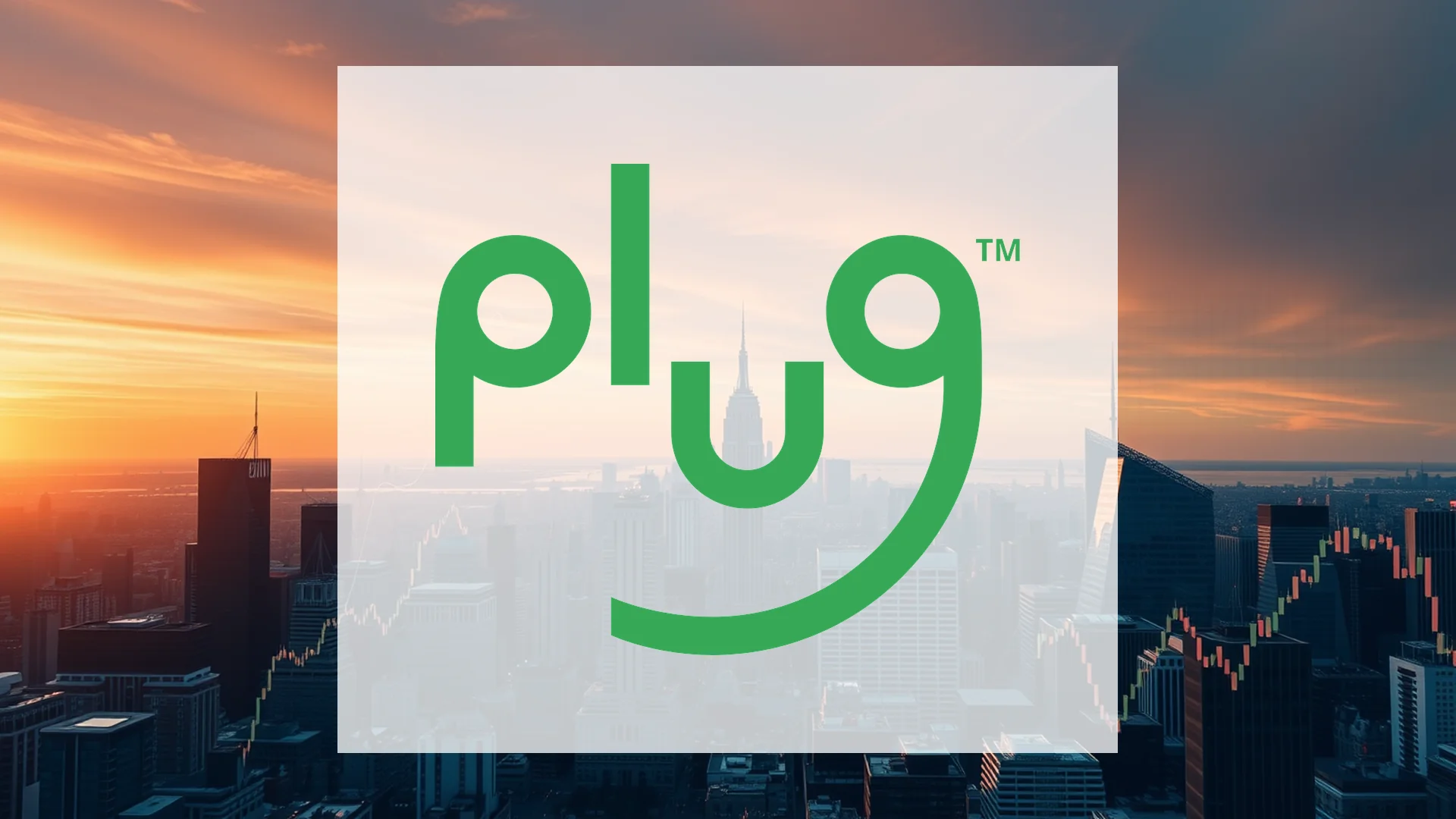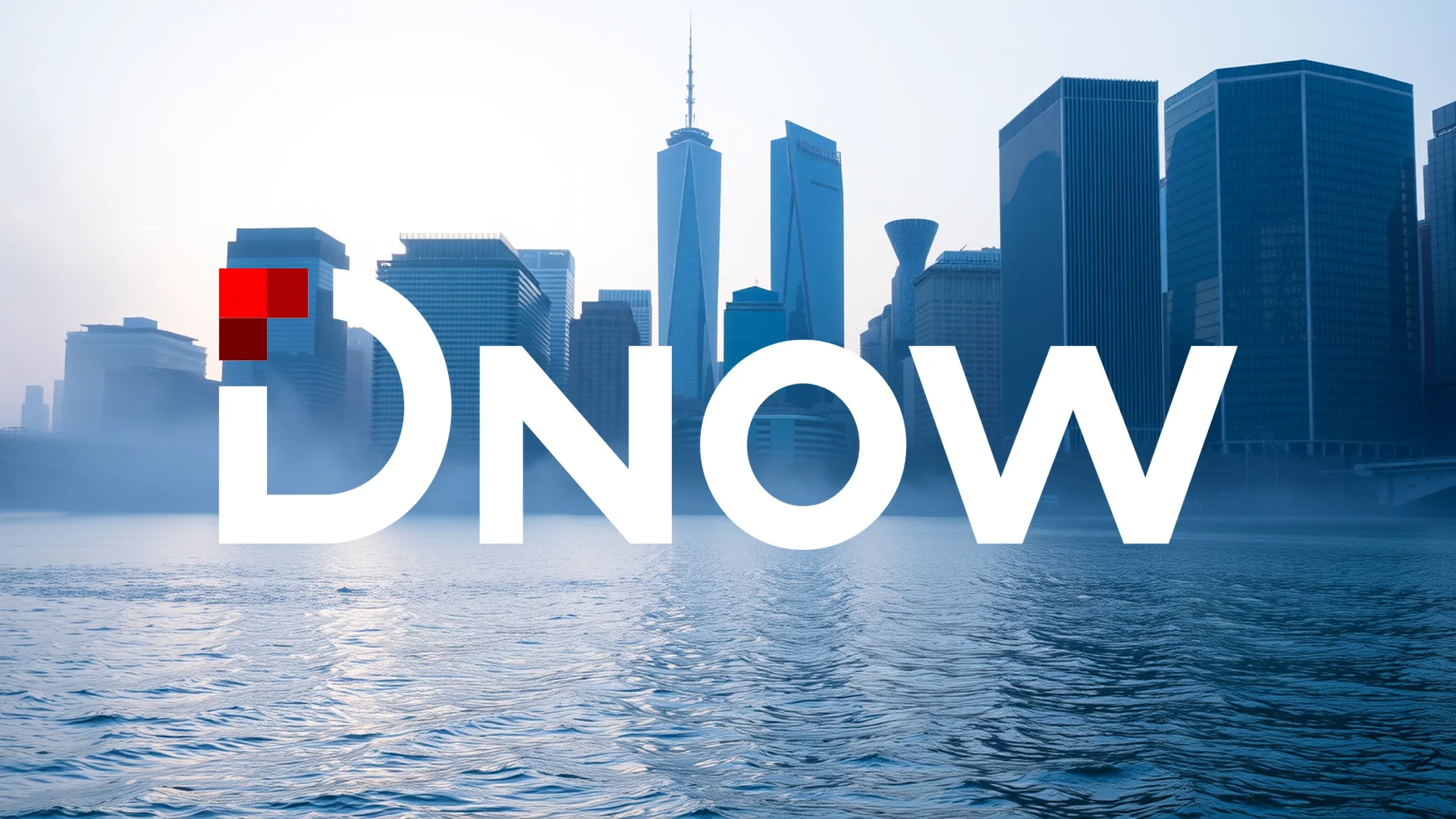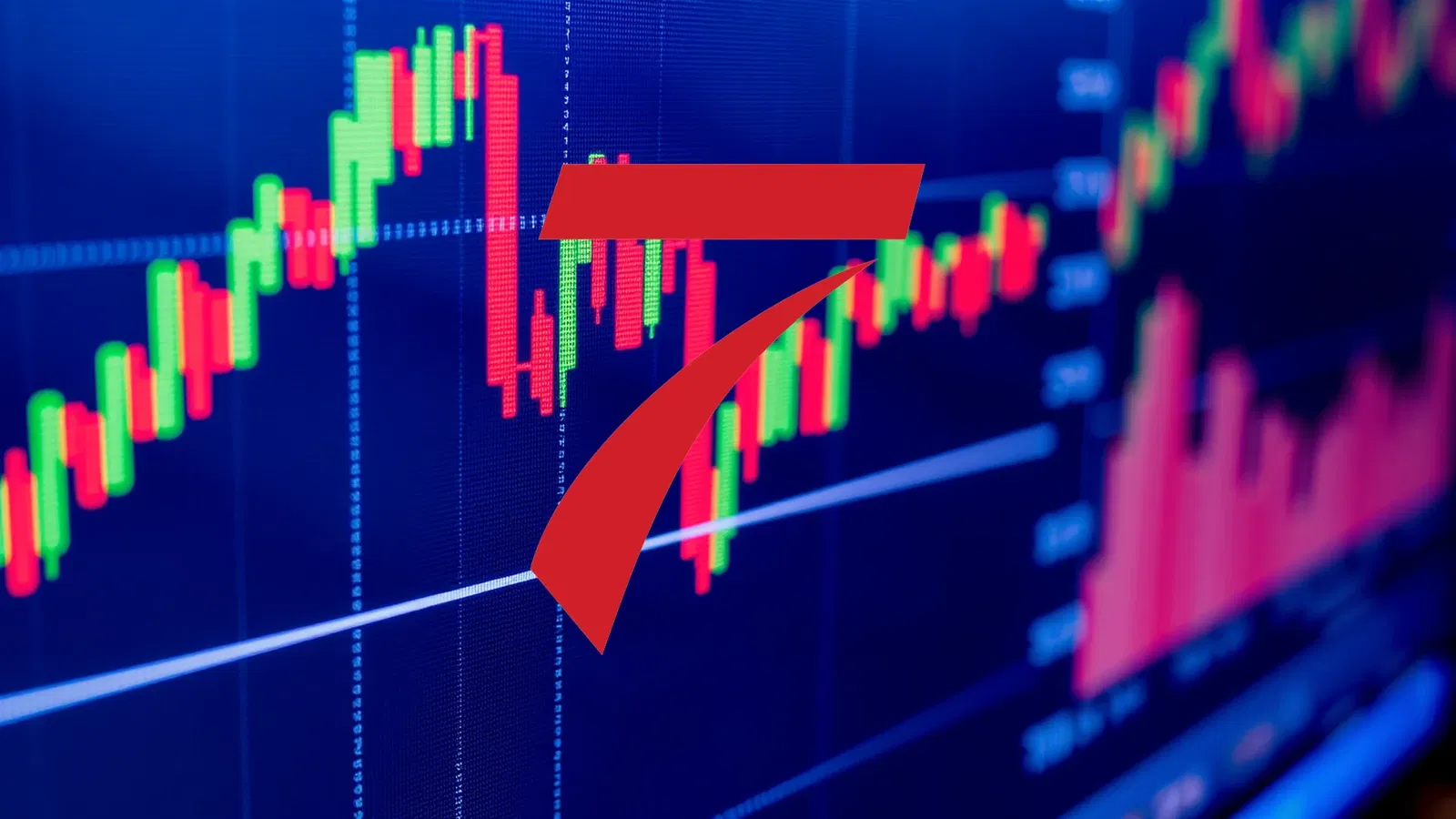Warren Buffett’s Berkshire Hathaway made a surprise move into UnitedHealth Group, acquiring a $1.6 billion stake that ignited the stock’s most powerful rally in years. The initial market euphoria, however, proved short-lived. As regulatory pressures mount and operational headwinds persist, investors are questioning whether the high-profile investment signals a genuine turnaround or merely an expensive attempt to prop up a struggling industry titan.
Regulatory Scrutiny and Operational Headwinds Remain
Despite the massive vote of confidence from one of the world’s most renowned investors, UnitedHealth’s core challenges remain firmly in place. Regulatory bodies are intensifying their examination of the company’s Pharmacy Benefit Manager (PBM) operations. Concurrently, the Department of Justice is conducting an investigation into its Medicare Advantage billing practices.
On the operational front, the insurer continues to grapple with medical costs that have exceeded expectations. It is also facing reductions in reimbursement rates within its Medicare business. These combined pressures forced the company to suspend its full-year 2025 guidance earlier this year, a move that was a primary driver behind its significant share price decline prior to Berkshire’s investment.
A Vote of Confidence from Omaha
The disclosure that Berkshire Hathaway purchased approximately 5 million shares of UnitedHealth served as a jolt to the market. It is rare for a single investment by an investor of such stature to trigger such a dramatic response. The stock experienced its strongest trading day in years and posted its best weekly performance since 2009.
For many market participants, the message was unambiguous: if Warren Buffett is buying, there must be long-term value present. This sentiment emerged after the insurance giant endured a difficult period characterized by weaker earnings and intense regulatory scrutiny.
Should investors sell immediately? Or is it worth buying Unitedhealth?
Profit-Taking Dampens the Rally
The market’s enthusiastic reaction was transient. Following the sharp price appreciation, a consolidation phase ensued as investors moved to lock in profits. Trading volume subsequently declined—an indicator that speculative activity is waning while the market awaits greater clarity.
In response to Berkshire’s position, Bank of America Securities raised its price target on UnitedHealth shares from $290 to $325. However, the bank maintained its “Neutral” rating on the stock. Analysts reasoned that while the investment confirms a perceived undervaluation, it does nothing to alter the fundamental operational difficulties the company faces.
Expansion Continues Amidst Uncertainty
In a separate corporate development, UnitedHealth confirmed the completion of a previously undisclosed acquisition. Its subsidiary, SCA Health, had quietly finalized the purchase of U.S. Digestive Health in January. The target is one of the nation’s largest gastroenterology practice groups.
This transaction adds more than 149 physicians and 24 ambulatory surgery centers to UnitedHealth’s portfolio. The deal signals that despite ongoing turbulence, the company remains committed to its expansion strategy and continues to execute its long-term growth plans.
Ad
Unitedhealth Stock: Buy or Sell?! New Unitedhealth Analysis from February 7 delivers the answer:
The latest Unitedhealth figures speak for themselves: Urgent action needed for Unitedhealth investors. Is it worth buying or should you sell? Find out what to do now in the current free analysis from February 7.
Unitedhealth: Buy or sell? Read more here...













